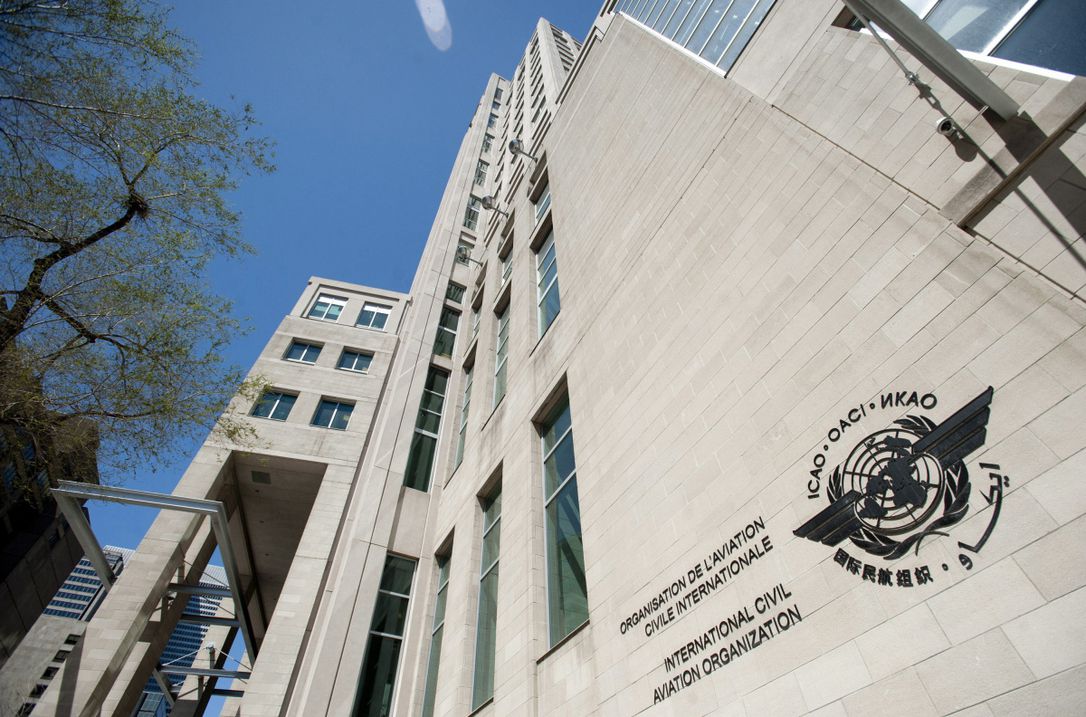Source: ICAO
Key outcomes of the ICAO Global Implementation Support Symposium (GISS), held in Seoul last week, included Ministerial-level recognition of the fundamental importance of ICAO standards and strategies to the safe, secure, and sustainable development of the global air transport network, in tandem with the pivotal role of ICAO’s support towards their implementation.
The thirteen States attending the Ministerial Roundtable at the event also pointed to significance of ICAO’s efforts to develop and deploy enhanced products and services in this area, and furthermore identified the deployment of sustainable aviation fuel (SAF) as a priority area for support from ICAO.
Here, the Ministers envision ICAO’s facilitation of financing initiatives as being among the collaborative efforts the organization should undertake to spread access to new SAF technologies across the world.
The outcomes of the Roundtable built on engaging and productive discussions between ICAO and representatives from 50 countries, which focussed on the evaluation of their priority needs and the development of proposals for implementation support from the organization. These efforts resulted in the signing of thirteen bilateral implementation support agreements between ICAO and the attending governments, and set the stage for further agreements in the near future.
As a result of the three-day event, which was attended by over 1000 stakeholders from around the world, ICAO will be in a position to collaborate even more closely with the international aviation community to enhance capacity. This was highlighted during the GISS by the unveiling of modernized branding for ICAO’s services in this area, which will be delivered by the soon to be named Capacity Development and Implementation Bureau.
The Republic of Korea’s Ministry of Land, Infrastructure and Transport (MOLIT) was pivotal to the success of the event, and its contributions and cooperation to providing this platform for collaboration, knowledge exchange, and networking among aviation regulators, operators, and other professionals were widely acknowledged and appreciated.
The positive outcomes of this event will extend beyond the aviation sector, given the crucial importance of air connectivity as a catalyst for sustainable development at the local, national, and global levels. By enhancing the resilience and sustainability of the recovery of the global air transport network, governments will safeguard and heighten the economic benefits of their aviation sectors.

